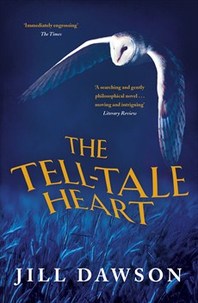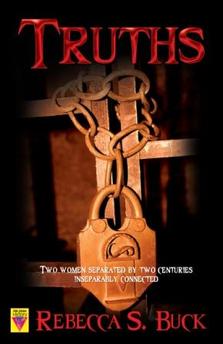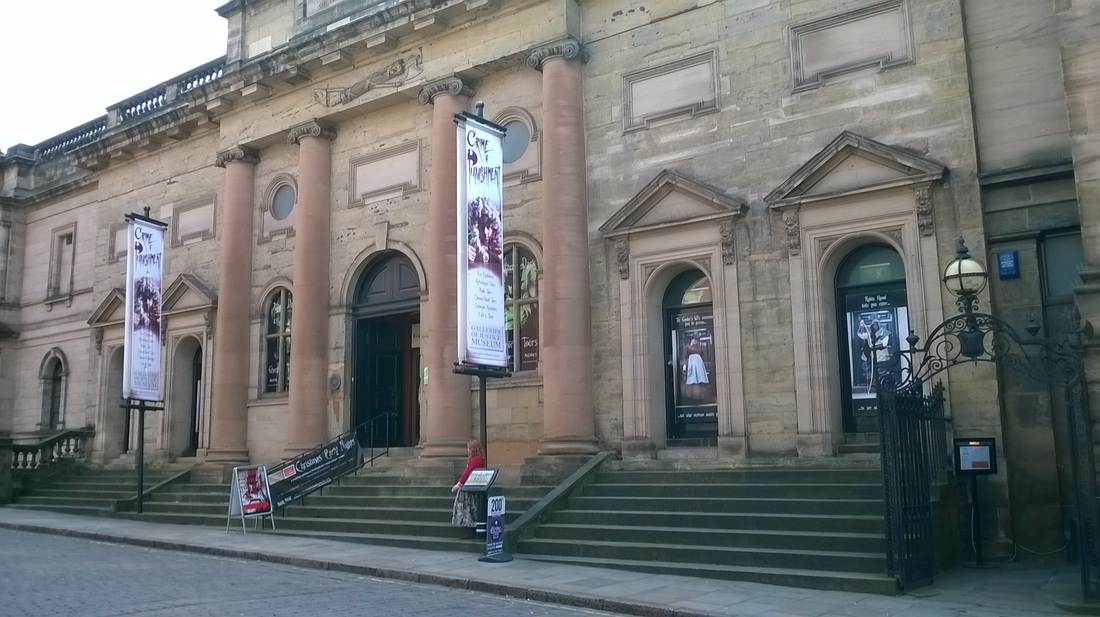
Patrick Robson, a history professor with thirty-odd years of over-straining both his literal and metaphorical heart, wakes up in hospital following major surgery with his ex-wife at his bedside. Two hundred years apart, two teenage boys experience their sexual awakening under the wide skies of the Fenlands, and discover how the odds are stacked against those not born into wealth in cash or land. What connects the three main characters is that Drew Beamish was carrying a donor card when he was killed in a motorcycling accident, and Patrick has received his heart, while Willie Beamiss, only just escaping hanging or deportation for rioting, is one of Drew’s ancestors, and commemorated in the local museum.
This habit women have – a role Helen often claimed not to want – of telling me what I’m feeling. Tremendously helpful. Like having an interpreter at hand to translate you to yourself. (p127)
The historical strand in particular was rich in its depiction of the countryside and the poverty-stricken family’s attachment to the land and the modern teenager reminded me of the major omission from my post on fictional schools: Zoe Heller’s marvellous novel, Notes on a Scandal. And I enjoyed discovering the reverberations between the different threads. Yet I also felt that this novel was trying to cover too much and two, rather than three, interlinked storylines might have worked better.

I found both these narratives compelling and, as might be expected from an author who has done a job similar to Jen’s, the historical context fascinating. For me, the shared setting was sufficient to link the two women’s stories, but Rebecca Buck has thrown a couple of other potential connections into the mix. When, waiting in the darkness for her next group of tourists, Jen hears strange sounds she can’t account for, there’s a suggestion this could be an echo of another layer of history unfolding in the same place, but unseen.
In a similar way, Jill Dawson asks readers to entertain the possibility that Patrick’s personality change following his operation is due to the memories held within his new heart. By having these hypotheses voiced by secondary characters, both authors are cleverly allowing for different readings of their novels, depending on one’s tolerance of the supernatural. While I’m far from the most rational of beings, my tolerance for such matters is rather low and I found Jill Dawson’s memorising heart idea overly emphasised in both the structure of the novel (Willy Beamiss’ narrative directly following Patrick’s unfamiliar feelings as he lies in his hospital bed) and in the blurb.
Thinking more widely on belief in the irrational, I don’t think I’ve ever read a novel that used the Zodiac to join up the various historical layers. I’ve no patience with horoscopes and neither know nor care what personality traits are attributed to the signs. I did know a little about my own as a child but my failure to live up to the description was another source of shame. So I wasn’t confident of meeting Charli Mills’ latest flash fiction challenge to write a 99-word story focusing on the personality traits of a character informed by the Zodiac. But I’ve managed to come up with something that sits comfortably with my cynicism about all that mumbo-jumbo:
“No, Gemma, let Leonie go first.”
“But I’m the oldest!” The little girl stamped her foot. “I should be the leader.”
Her mother ran her hand through her hair. What was the matter with them both? “Come on, Leonie!” She grabbed her younger daughter by the arm and dragged her into the centre of the room.
Leonie stood, shrunk into herself, rubbing at her eyes. Gemma scowled. Their mother sighed, wondering who would be first to dissolve into tears. “It’s just a straightforward game of Follow the Leader,” she hissed. “Leonie has to lead. It’s written in the stars.”
I wonder if you can tell from this which star sign is mine?
| | Thanks to Sceptre for my review copy of The Tell-Tale Heart. There were a few song lyrics in this novel but the one that caught my attention was another old folk song from England’s north-east, sung in a lovely Northumbrian accent. |






















 RSS Feed
RSS Feed





















